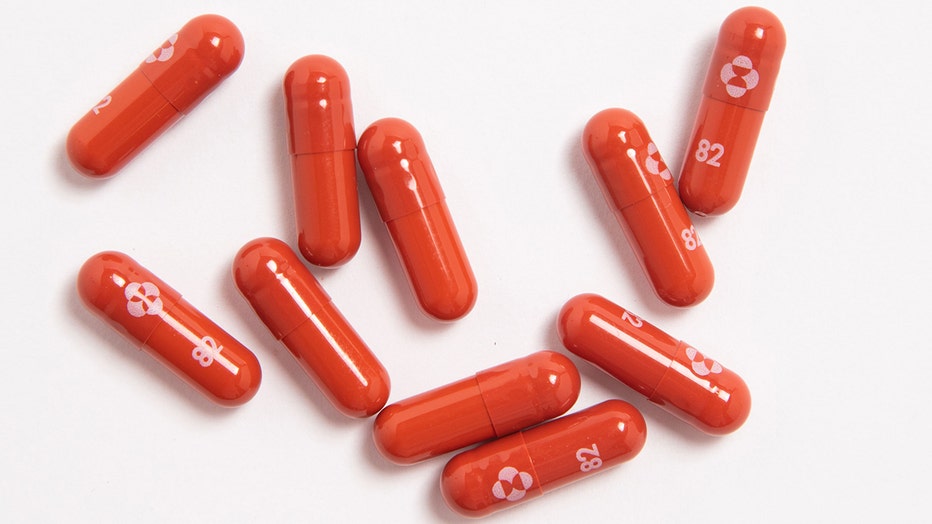New COVID treatments on horizon; could ease burden on hospitals

COVID treatments
Merck and AstraZeneca are asking for approval for their respective COVID therapeutics.
Two potentially life-saving treatments for COVID-19 are on the horizon. One pharmaceutical has asked the U.S. government to authorize its antiviral drug while another drugmaker's antibody cocktail shows promise in treating infected patients.
Merck created the first COVID-fighting medicine that comes in a pill form and can be taken at home. The company asked the FDA to approve the medicine.
"Merck is asking for emergency use approval of their antiviral pill, which they had announced data from last week, which is very significant in the fight against the coronavirus, especially for those who haven't yet been fully vaccinated," Dr. Purvi Parikh, an immunologist at NYU Langone, told FOX 5 NY.
Right now, COVID patients get treatments through an IV or injection administered in a hospital. So a pill that can be taken at home that could reduce a person's symptoms and speed recovery would potentially ease the pandemic's burden on hospitals.
The FDA will scrutinize company data on the safety and effectiveness of the drug, which is called molnupiravir, before rendering a decision.
RELATED: Merck seeks FDA authorization of antiviral COVID-19 pill

Vaccine effectiveness study
A New York State Health Department study found that breakthrough COVID cases are becoming slightly more common but people who have received their vaccinations are much less likely to end up in the hospital.
In the meantime, AstraZeneca announced its COVID-fighting antibody cocktail, which is already used as a preventative shot, can also treat an infected patient who is in the early days of showing symptoms.
"If you are sick, it's early enough in your illness, you could take the medication and that would prevent it from hopefully progressing to the point where you would need hospitalization or ICU care," Parikh said.
The FDA could give the green light to both treatments in a matter of weeks. That is welcome news for officials in COVID hot spots, where demand for therapeutics is soaring.
Despite these promising developments on the treatment front, health experts say the best way to prevent getting infected in the first place is to get vaccinated.

Capsules of molnupiravir, an antiviral drug. (Courtesy of Merck)
"I think this is going to have a significant impact on reducing the number of people who ultimately become hospitalized or who die. It's important to note that this isn't a cure-all," Professor Stephanie Navarro Silvera Of Montclair State University, told FOX 5 NY. "We really still want people to get vaccinated. It's better to prevent getting sick than trying to treat it.
With The Associated Press.

Merck COVID medication
Merck is seeking FDA approval for a pill it has developed that would treat COVID-19.

